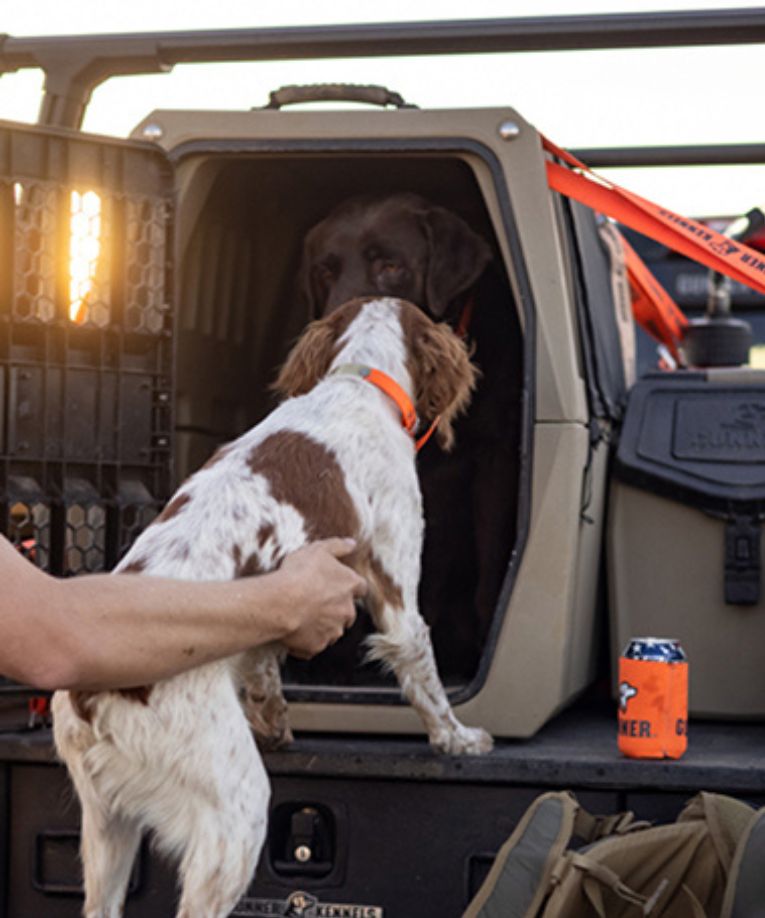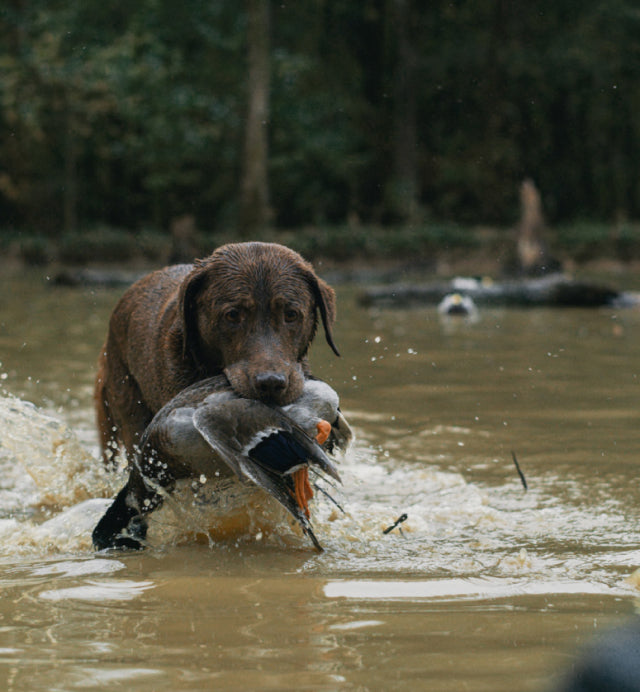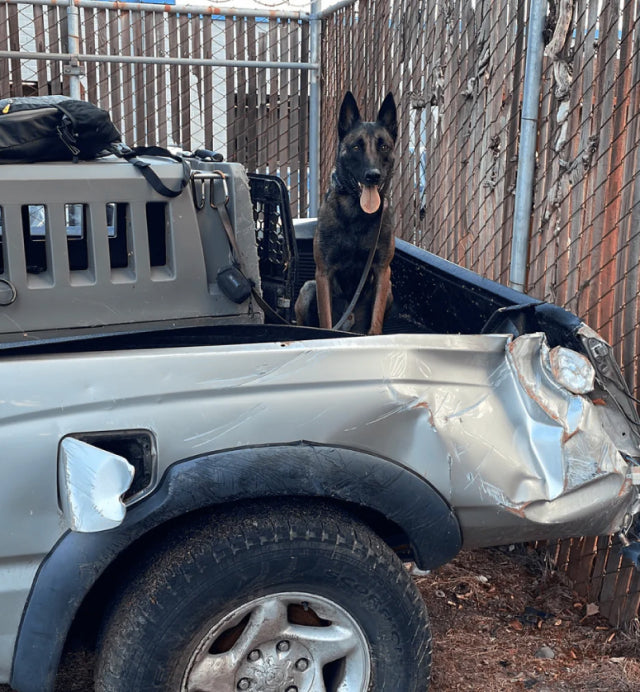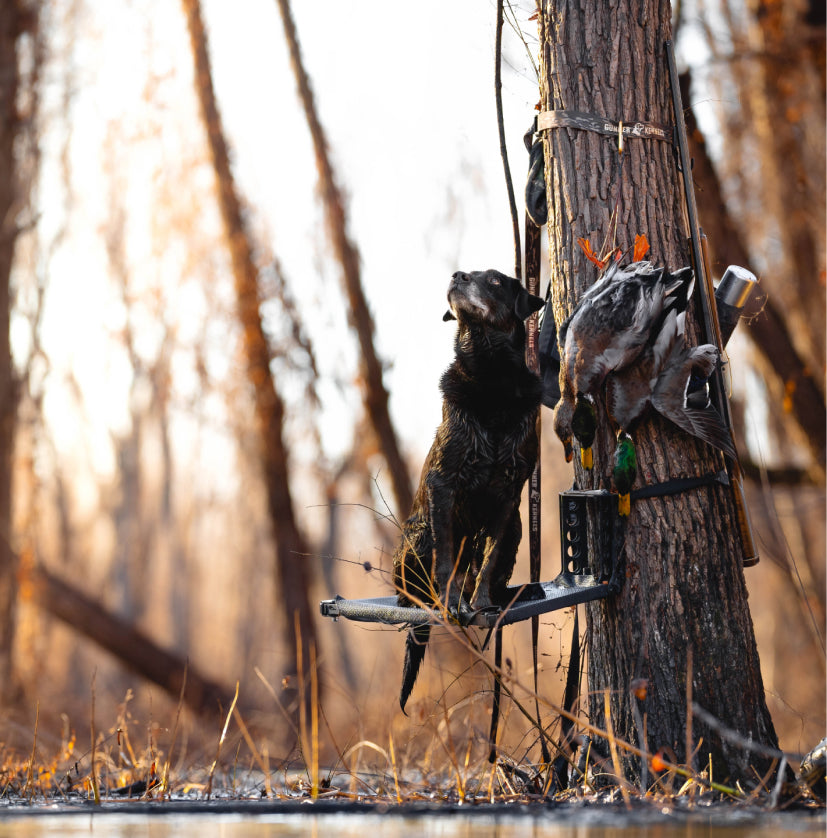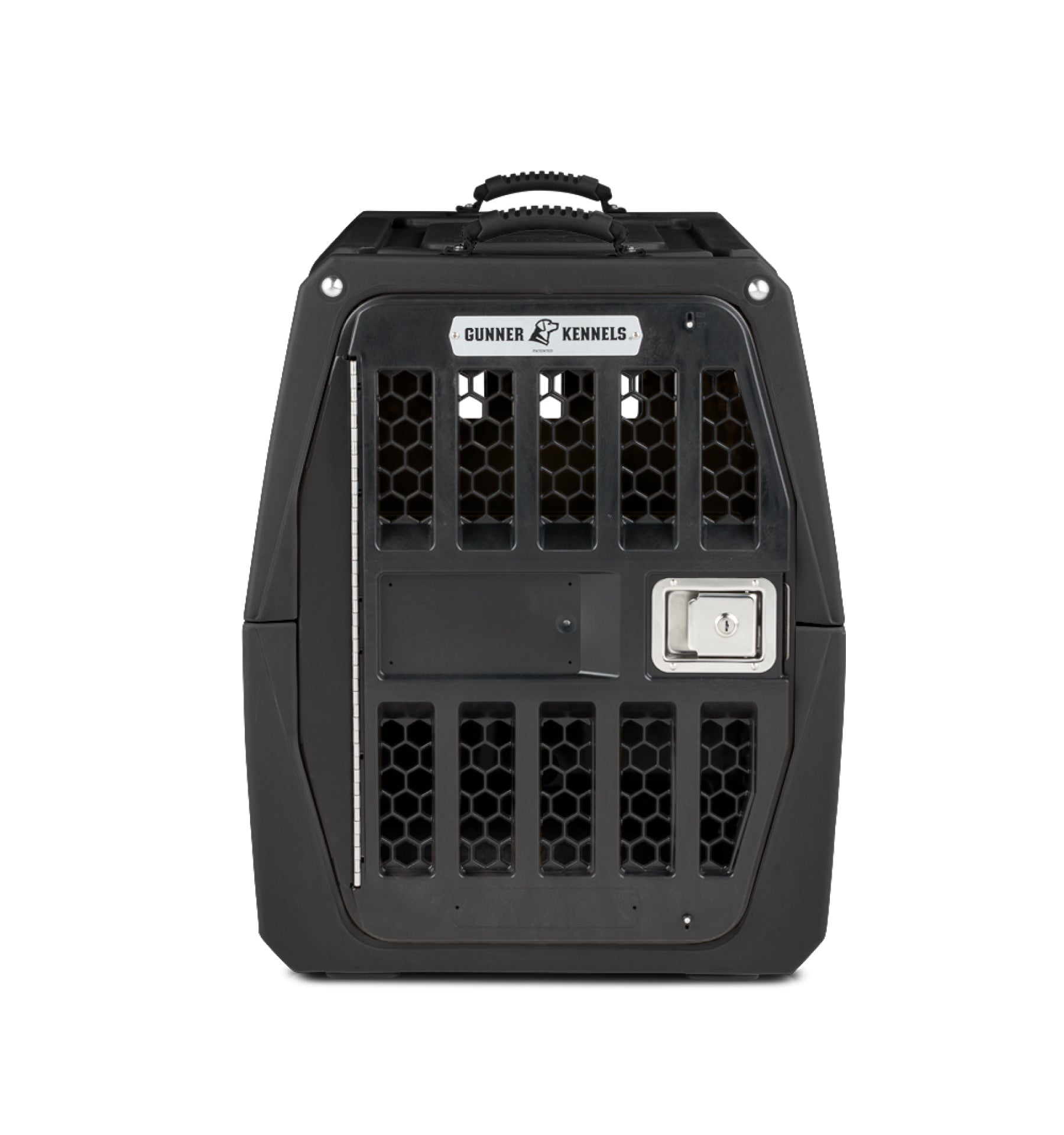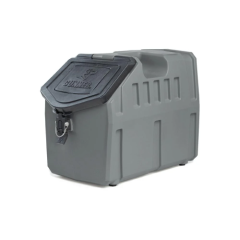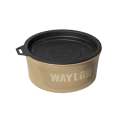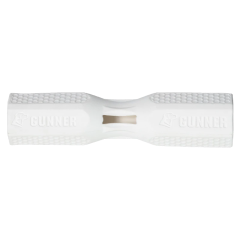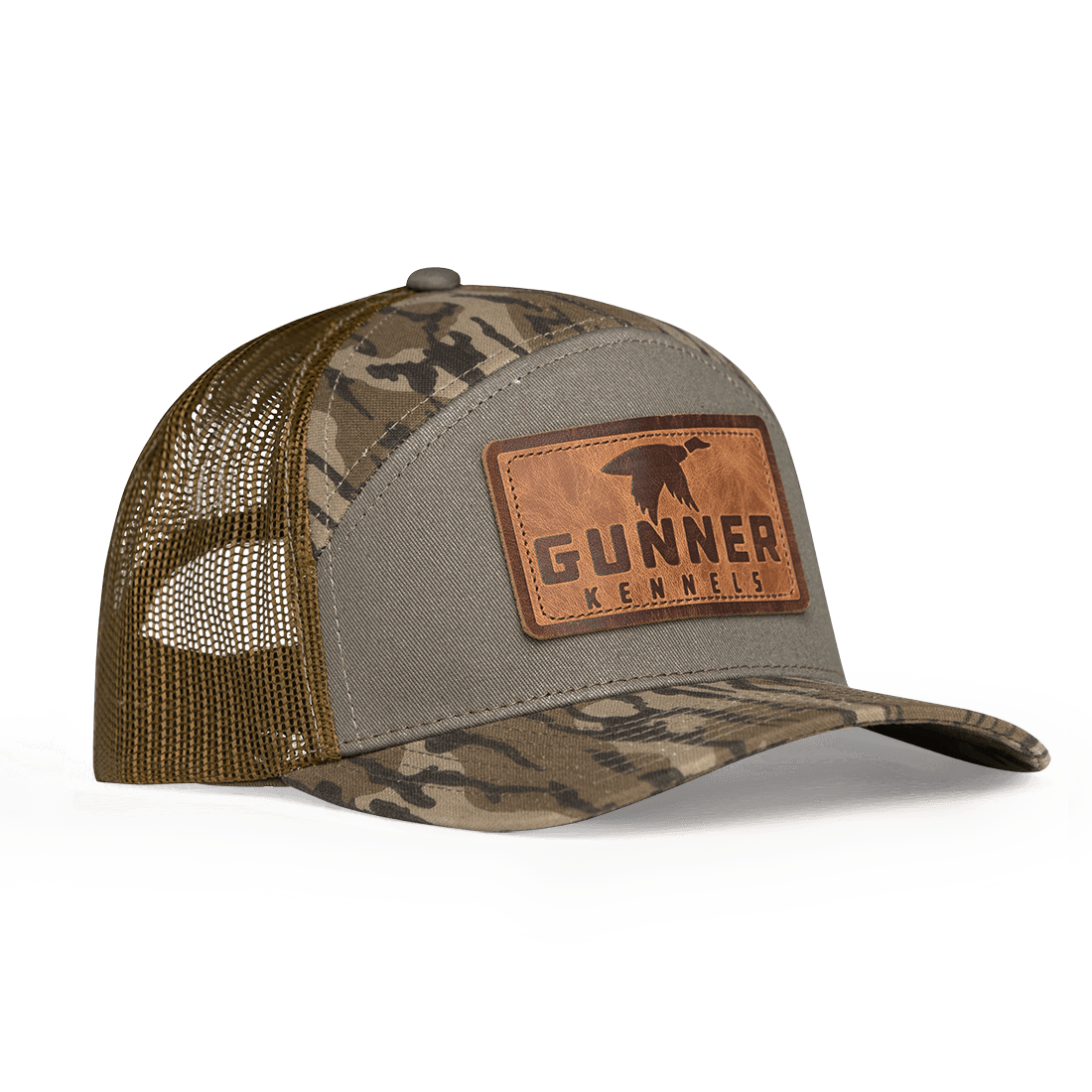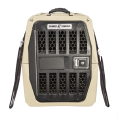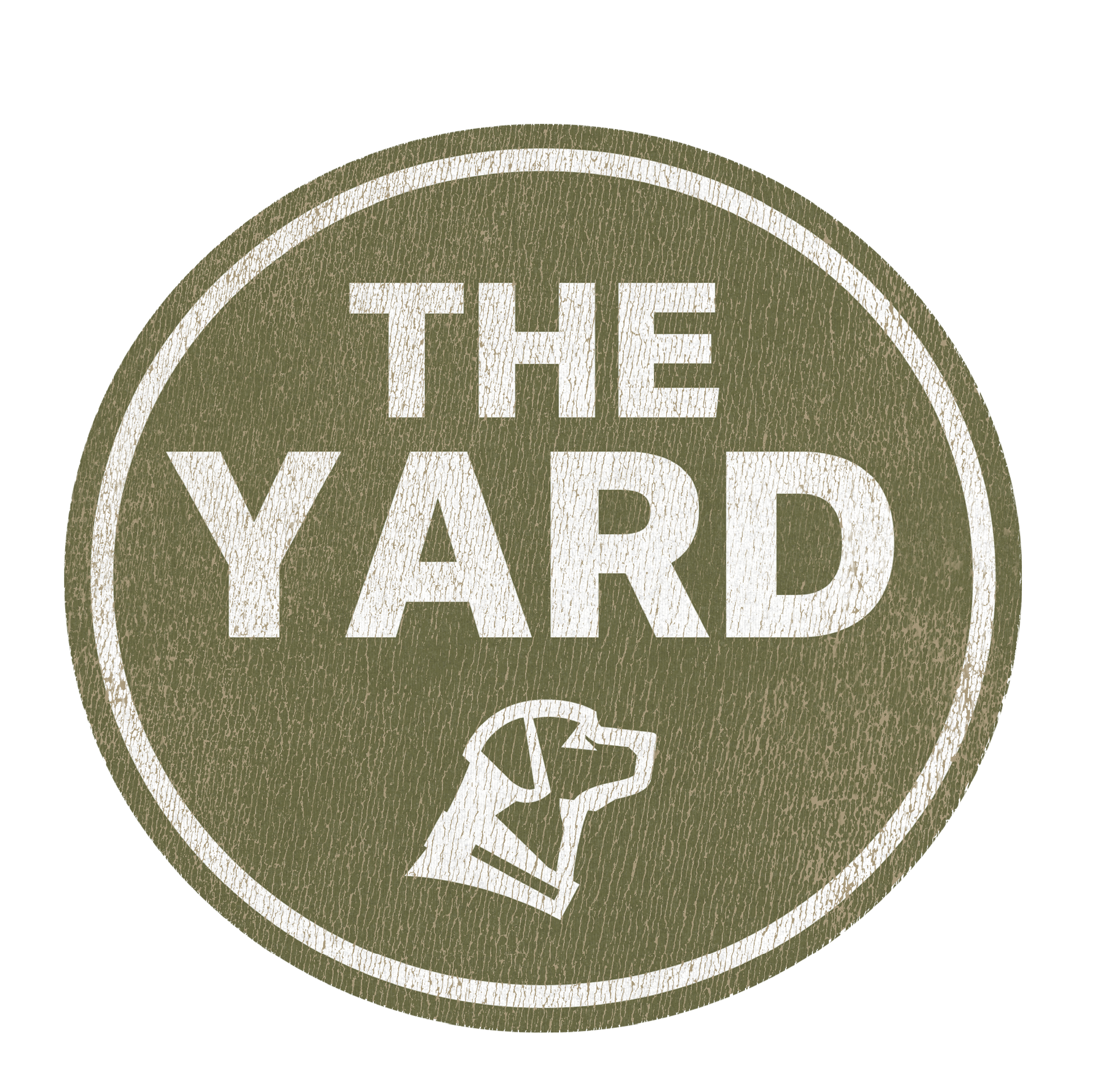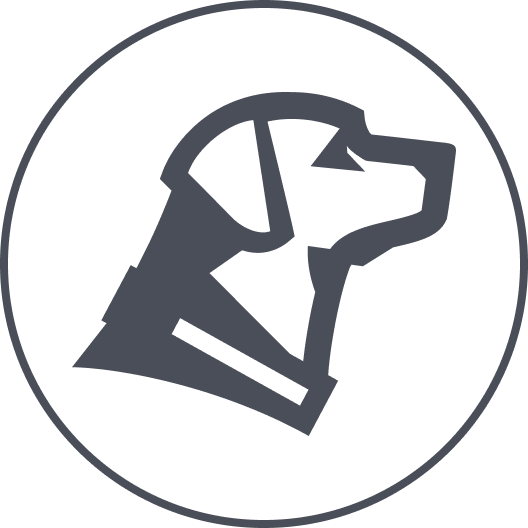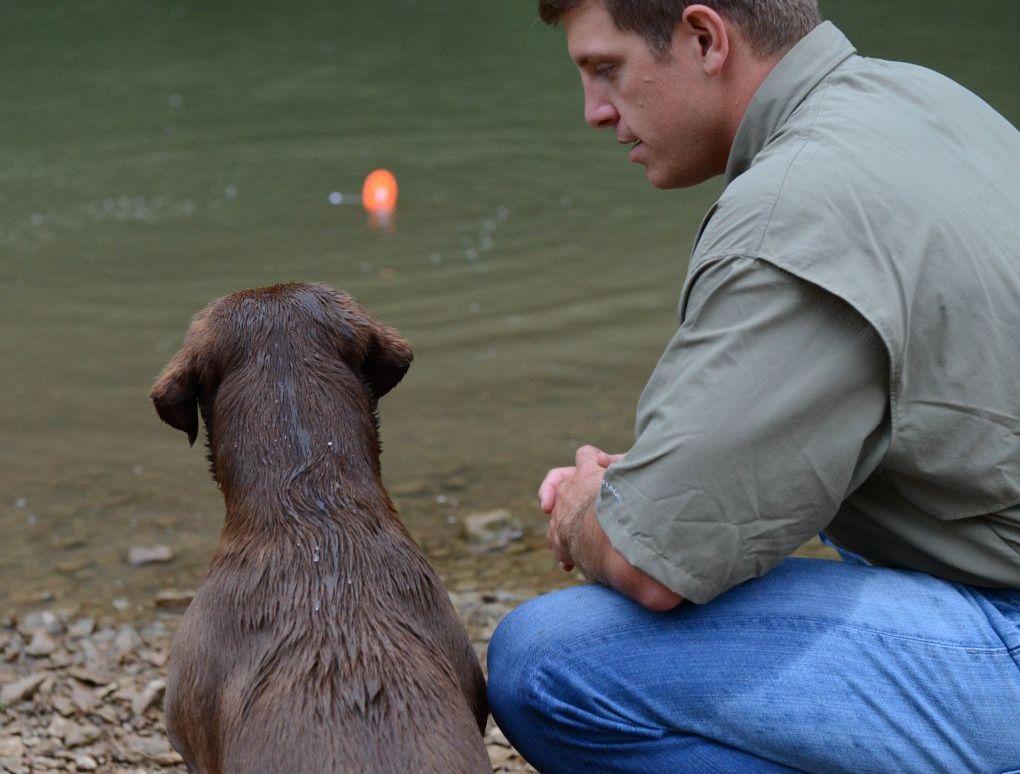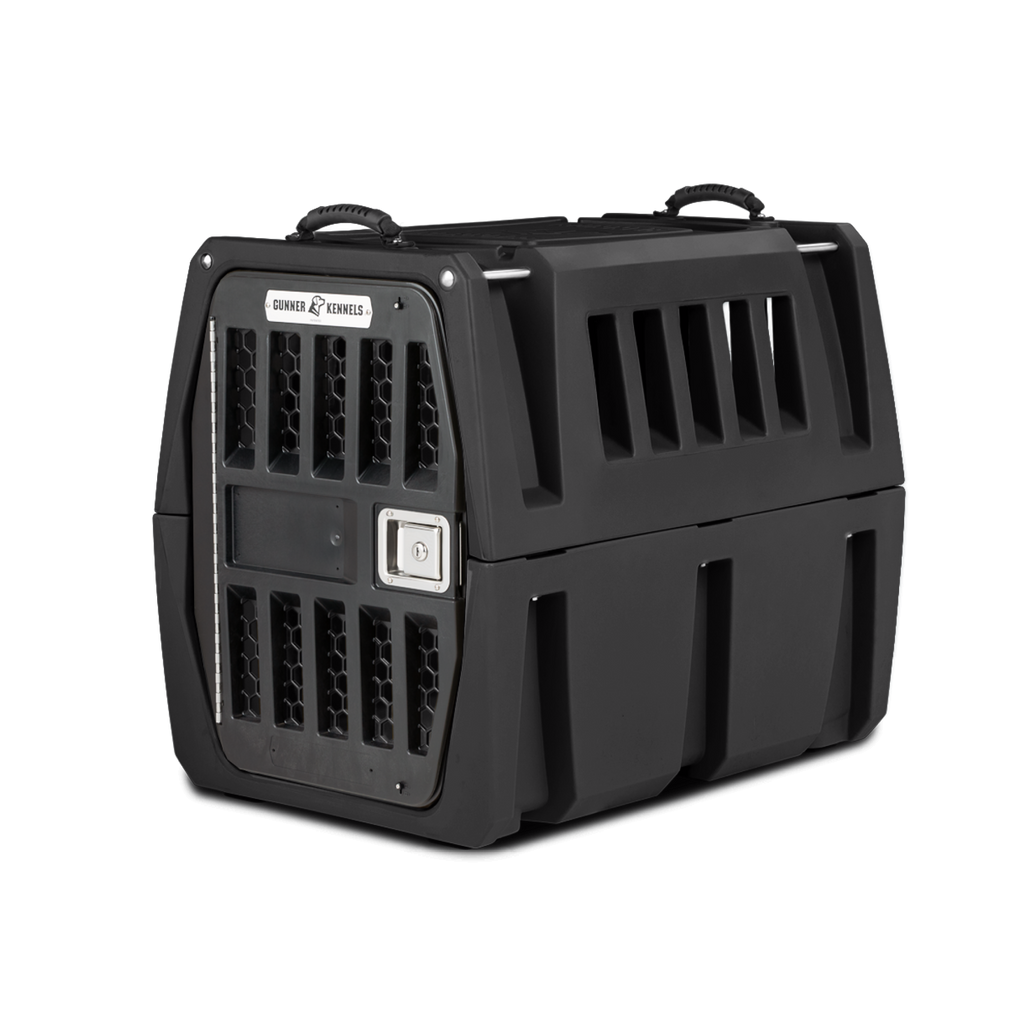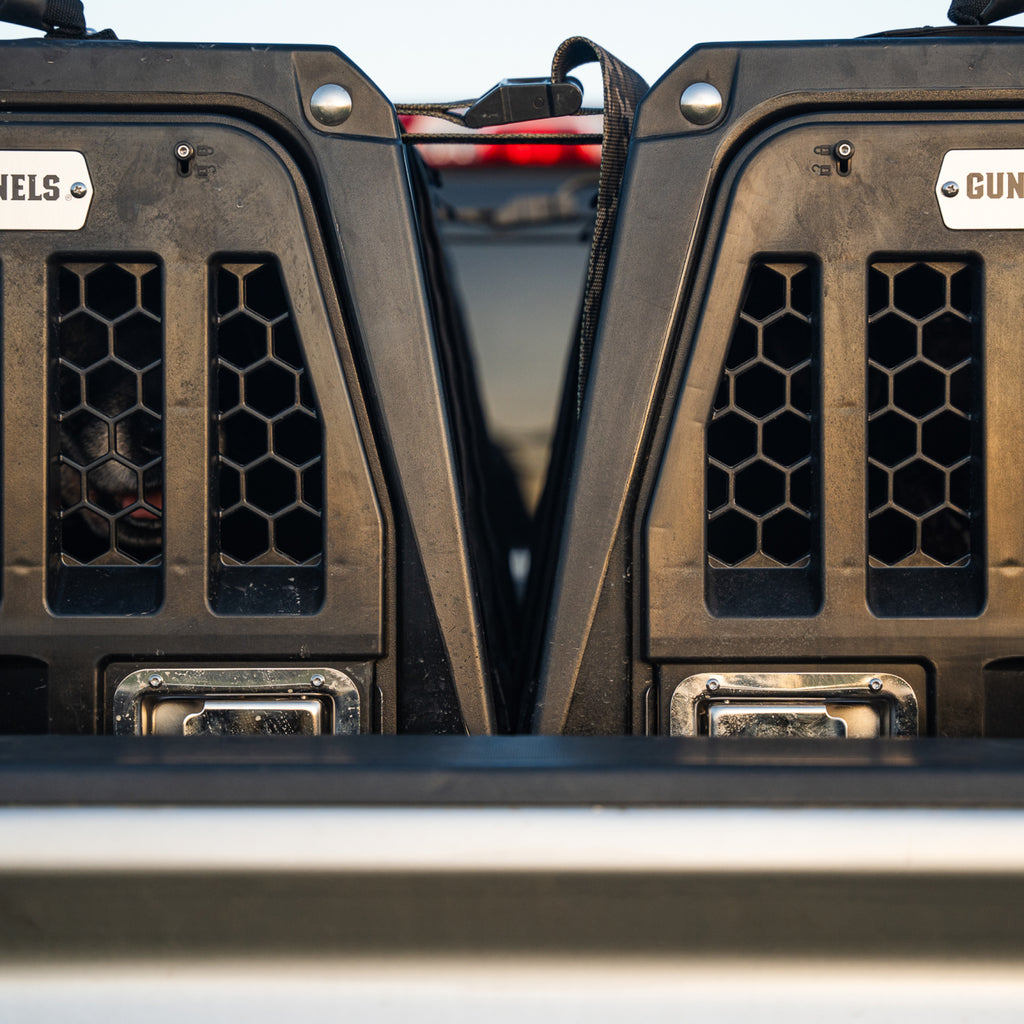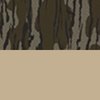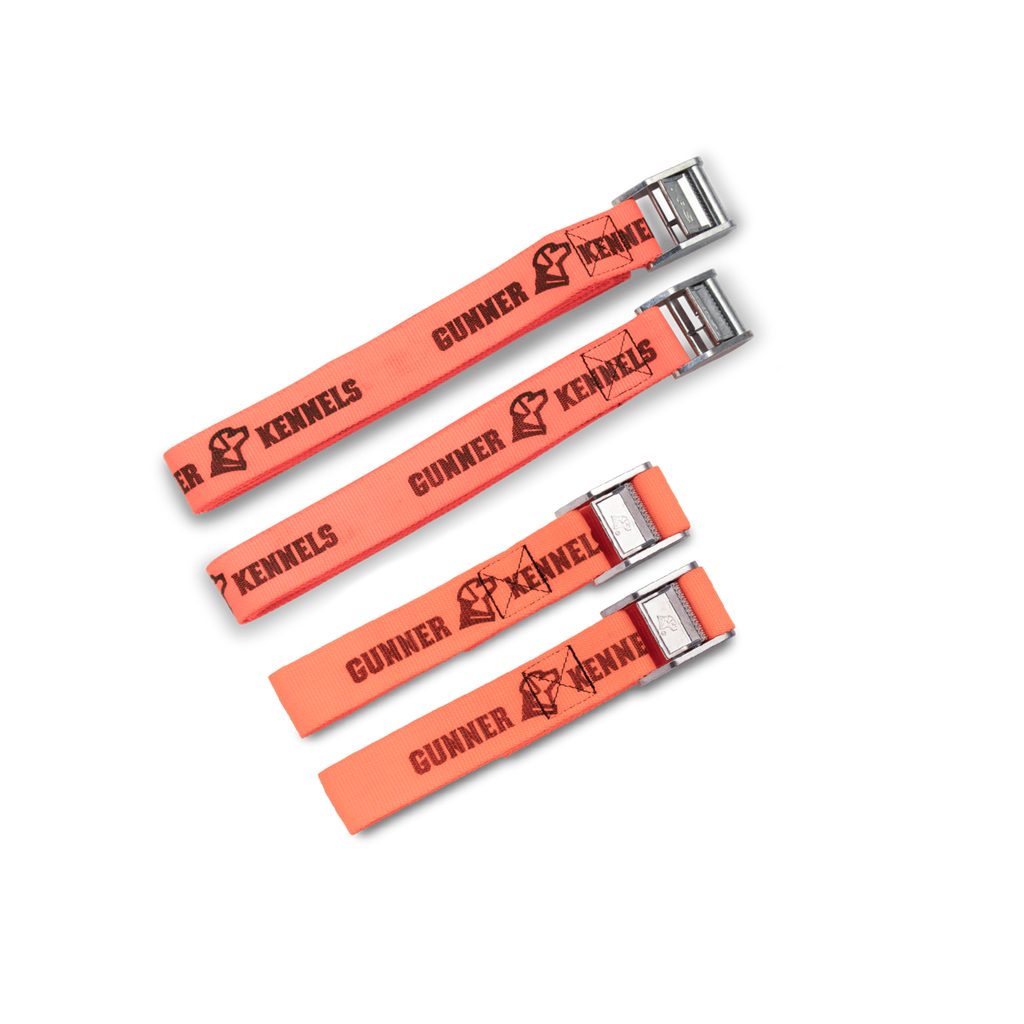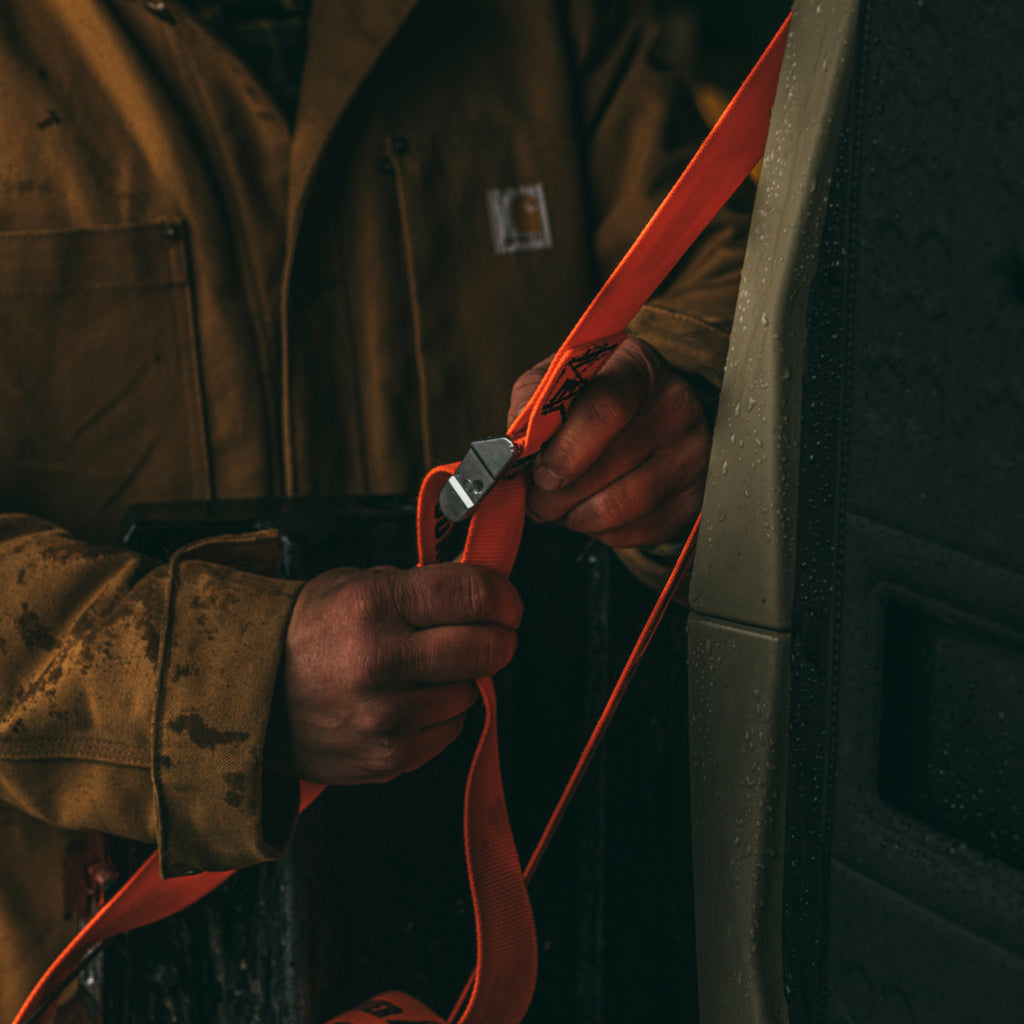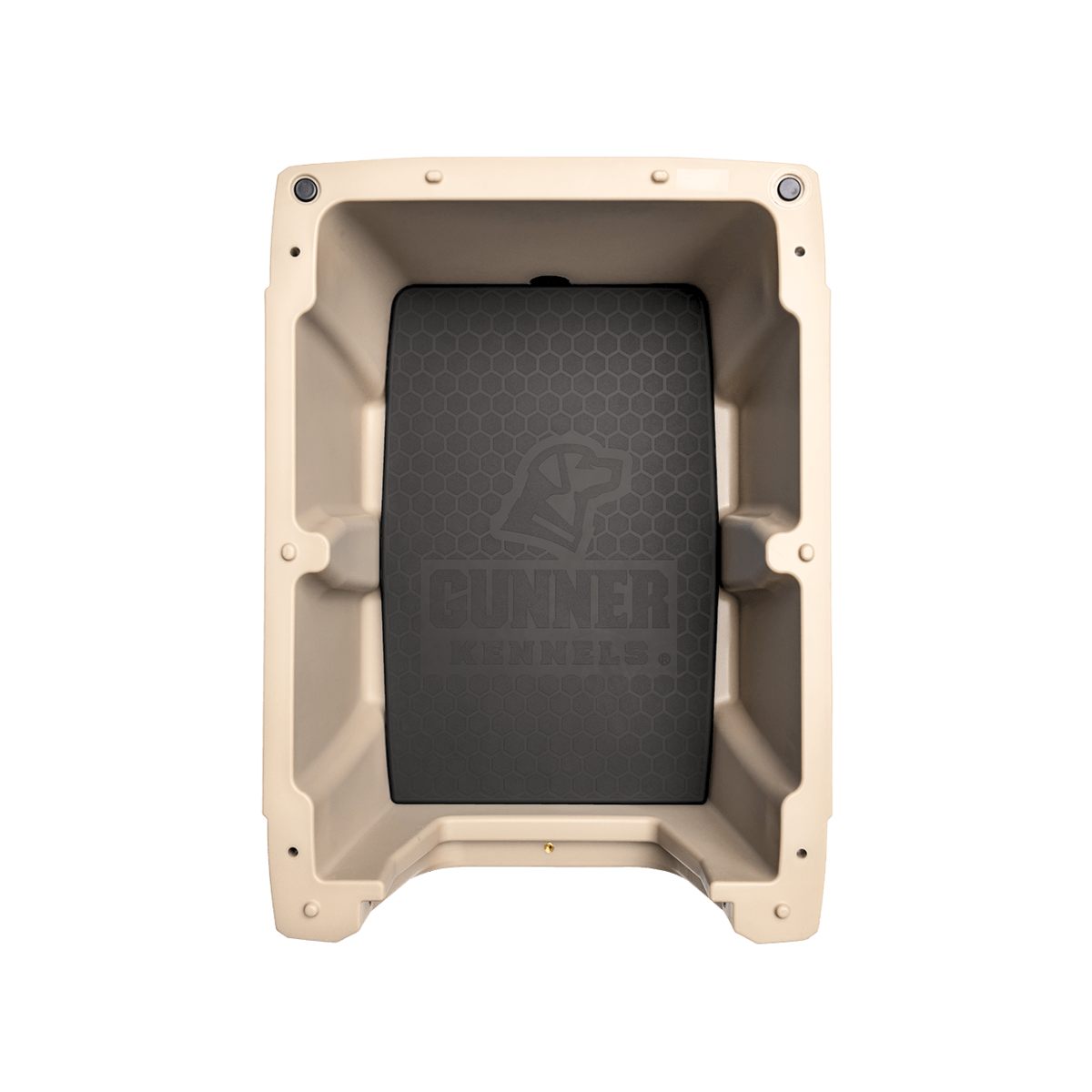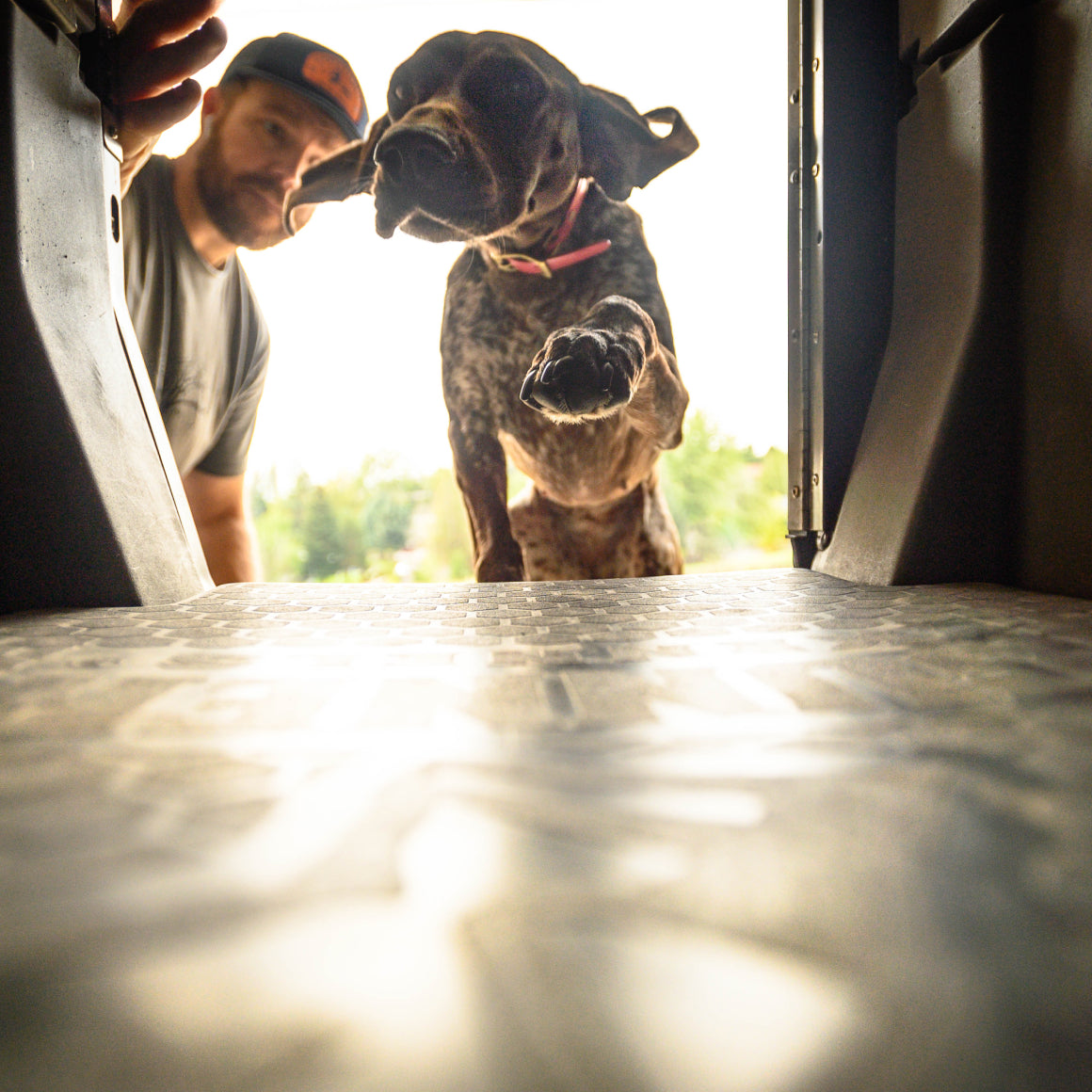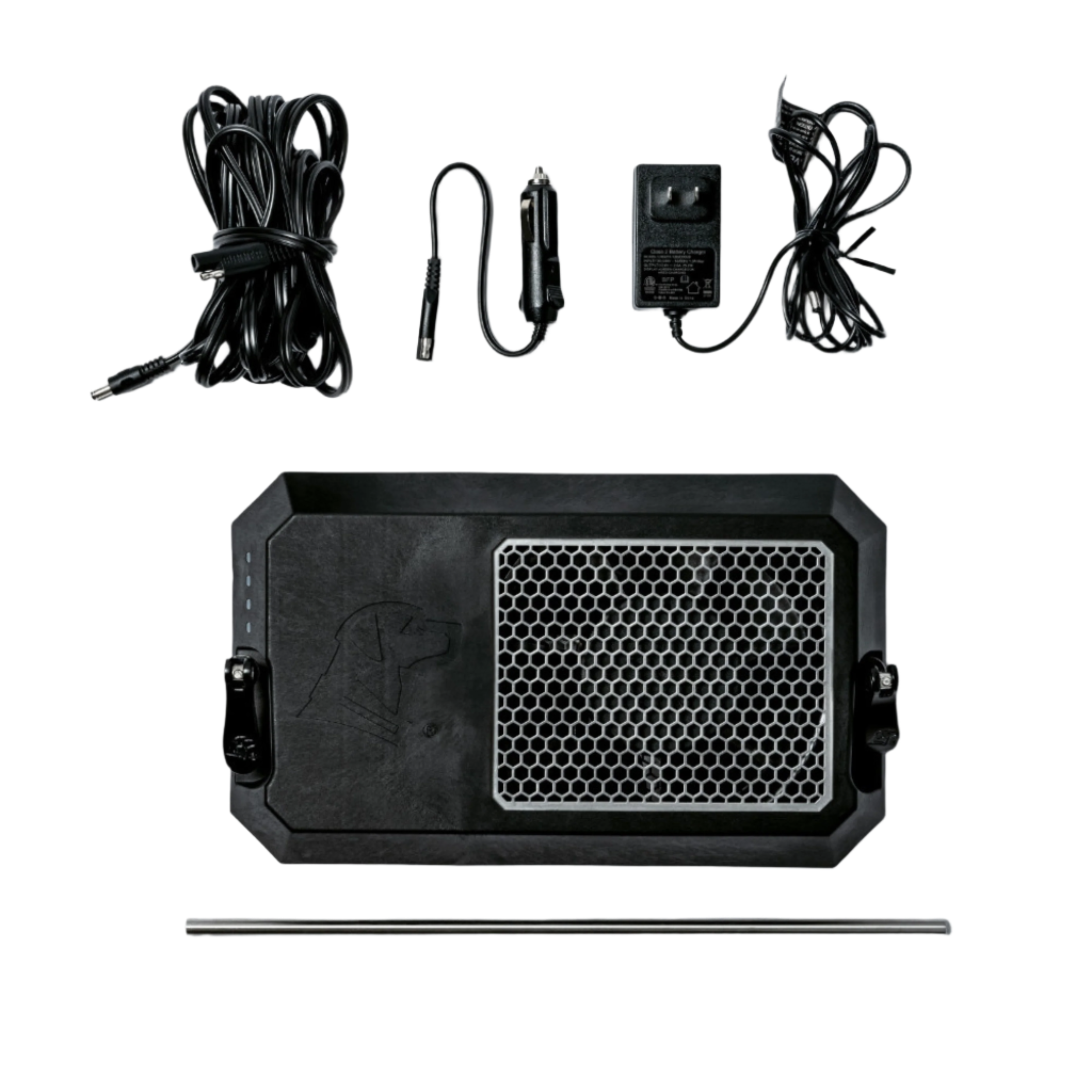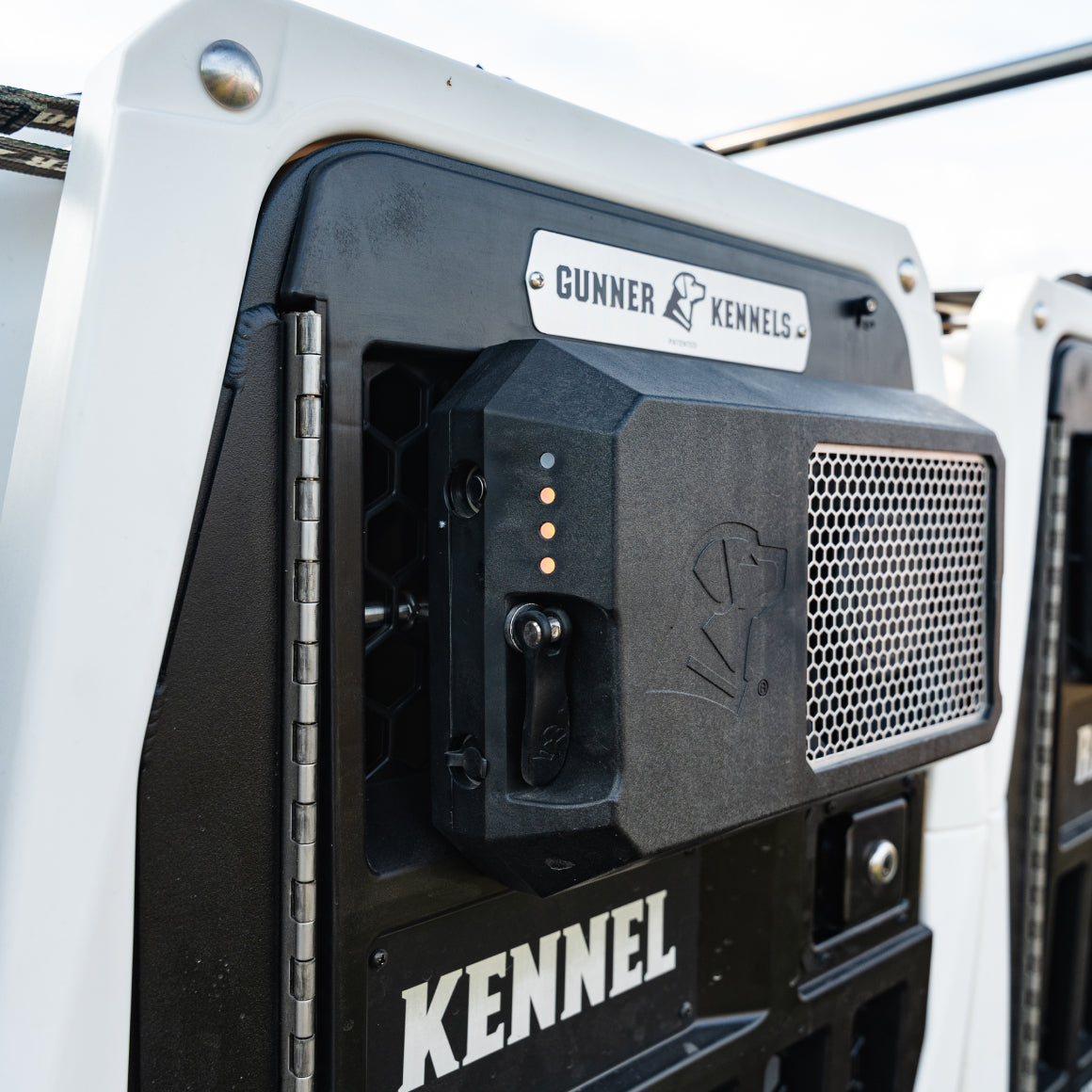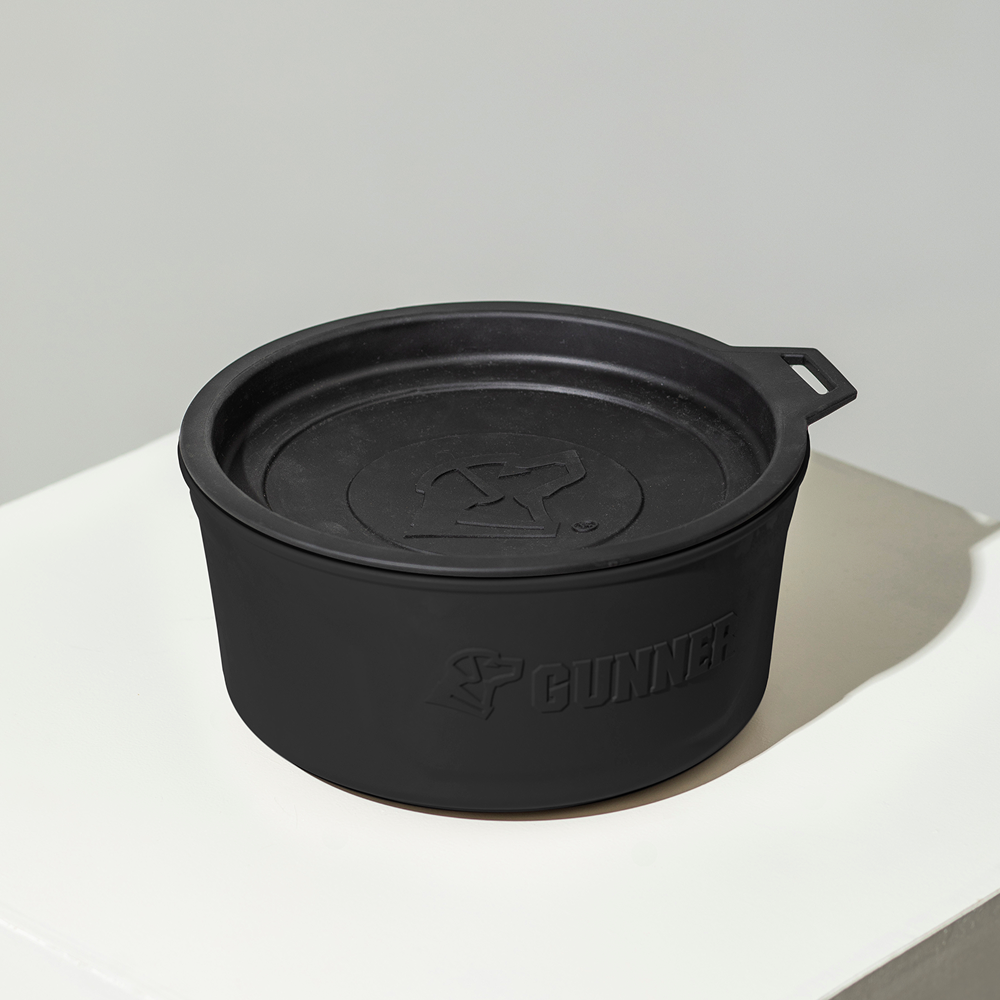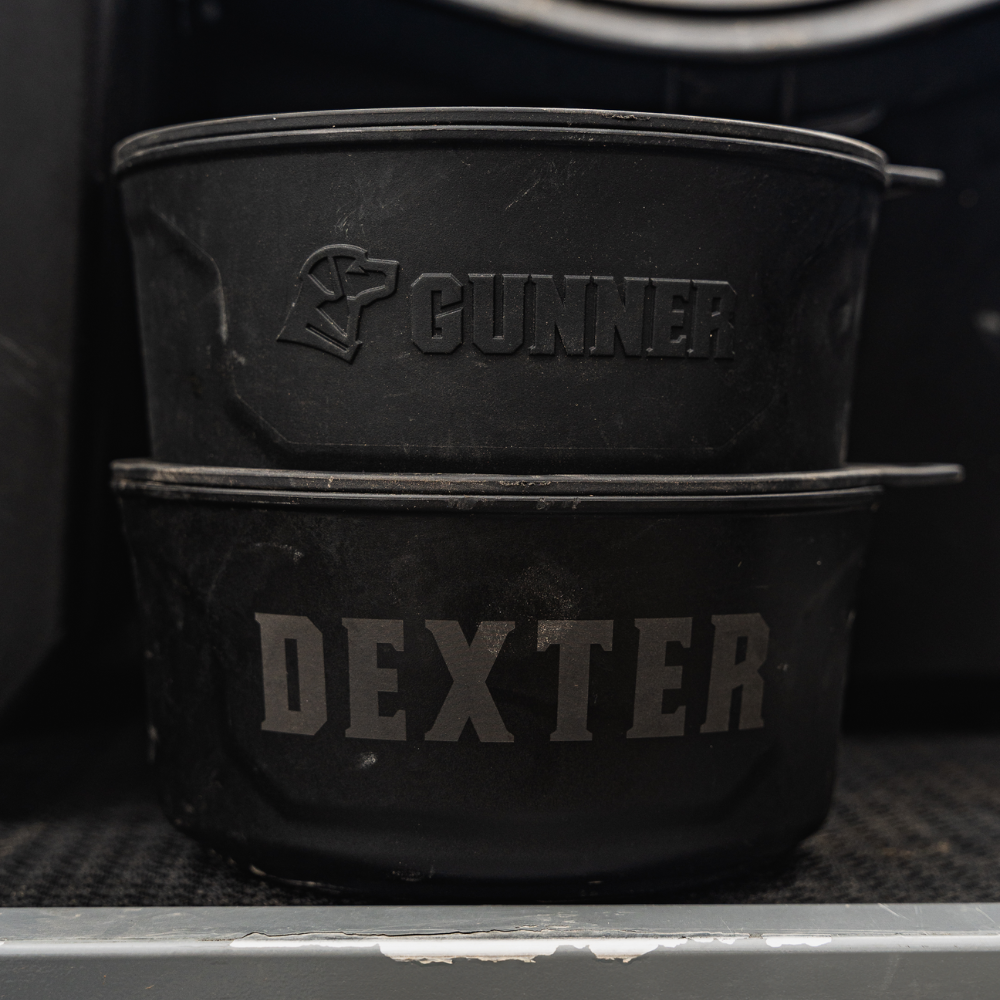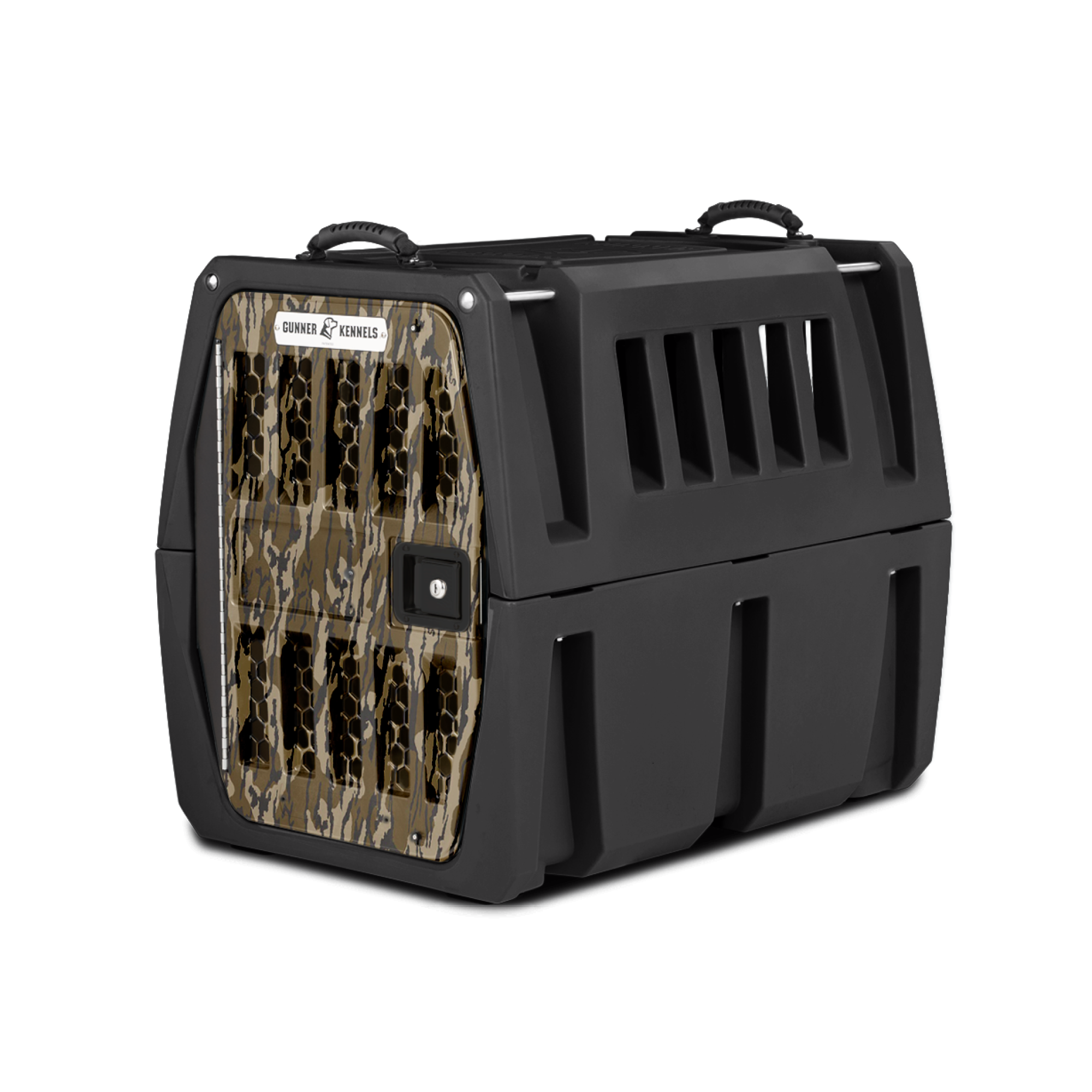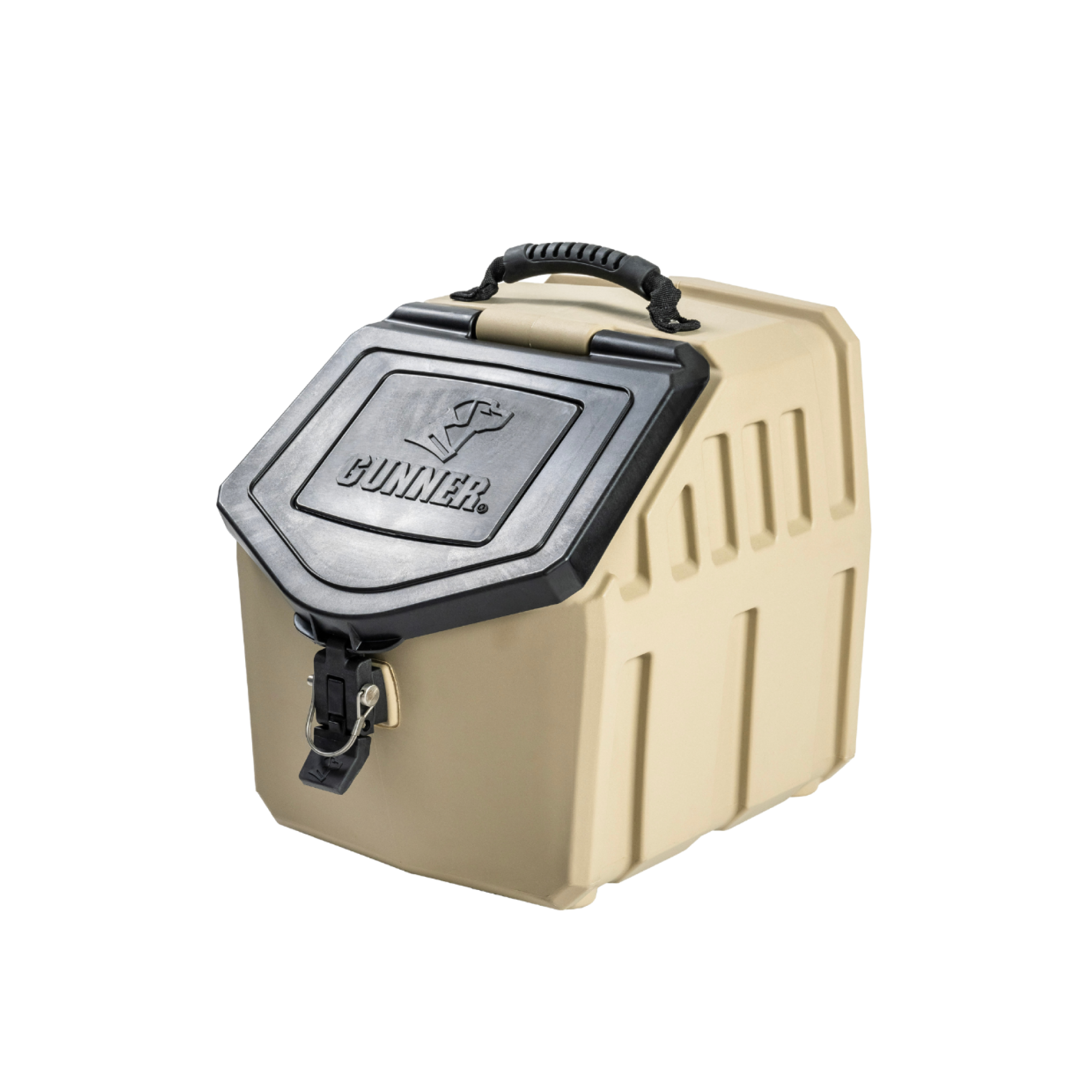Here are some of the most common bad habits of duck hunting dogs. Keep these in mind if you have a young dog and before you begin off-season training to ensure your pup is ready to roll come November.

First thing’s first, it’s not your dog’s fault. Even the most experienced prized duck hunting dogs will behave unfavorably at times. These bad habits are reinforced whenever we as owners and trainers let the negative action happen more than once. Most negative behaviors occur when a dog is not fully prepared to be in a specific hunting situation. Work out all the problems and be sure your dog is prepared prior to the hunt. Below are some of the most common bad habits of duck hunting dogs. Keep these in mind if you have a young dog and before you begin off-season training to ensure your pup is ready to roll come November.
1. Restlessness in the Blind
Dogs that continually pace the blind or whine cost your group birds. They can get in everyone’s way and spook ducks overhead. This type of restless behavior arises out of an expectation for action or an unfamiliarity of new surroundings. When you go out for a training session, do you immediately fling dummies around and send your dog right away?
The key point to get across with this situation, is that a lot of duck hunting is sitting and waiting. If your dog expects action from the moment it reaches the blind, then you are in for a long morning. Make your dog sit for a while before beginning your training sessions. Make it sit and stay during activities when it would rather be active (throwing the ball with your son, doing yard work, etc.) Most importantly, when at the blind, make a correction the first moment your dog perks up off the ground. Another factor that might cause restlessness is new surroundings. New people, new calls, and a new hunting location can all be causing excitement and a bit of confusion. Be sure to familiarize your pup with duck calls and new surroundings you will be using. Train with them. Never be too critical of your dog in new situations with stuff they’re not used to. They first need to understand what is expected.
2. Breaking Early
Your dog is one of the best retrievers on the planet. He follows every command you give him and is flawless in your training sessions. However, when you start shooting and ducks start dropping, everything goes out the window. Probably the biggest issue duck hunters face is early breaks. A dog that takes off on a line before it is sent is a very bad thing, especially if it darts in the direction of ongoing shooting. Ensuring your dog sits and stays on his mark until sent is not only for for the safety of your dog, but also for more practical reasons.
Your dog can get a better read on a downed bird when holding its position until the bird is fully dropped. This also allows you to target a second group of ducks that are close behind and about to drop in on your hole. If you let your dog leave his mark before a duck is downed, then the behavior will only get worse and worse. Fido will soon be bailing out the blind at first gun sound. Don’t be afraid to use a leash in the blind early on.
If your dog bails early, give a stern tug to keep him from leaving his mark until you give the command. If the problem is really bad, consider using a break box.
3. A Hard Mouth
Some dogs are naturally hard mouthed some are naturally soft mouthed. As a hunter, you truly will not know your dog’s tendency until it retrieves a live bird for the first time. A few ruffled feathers is never a bad thing, but if your dog is returning with a mangled piece of carcass, you might have a problem. The key is to train for soft mouth from day one. Obvious rule number 1 – absolutely no tug of war. Puppys learn to lock their jaw and clamp down on whatever object is in their mouth.
Introducing your puppy to real birds is very important. The transition from bumpers to a live flapping duck is too much for many dogs. Everything is new with a live bird from smells, texture, taste, and movement. If your dog’s first time handling a duck is on it’s first hunt, you are building a hard mouth habit. Slowly transition your dog to get used to live birds by taping wings to a familiar bumper and then eventually let your young dog retrieve leftover ducks from a hunt. If hard mouth is not addressed early on, you most likely need to seek the help of a professional trainer to break your dog of the habit.
Don’t ask too much of your gun dog. Some hunters can be very nit picky and want their dog to be absolutely perfect in every aspect of the hunt. Yes, there are some bigger issues like the ones mentioned above, but as long as your dog is working hard, knows what’s expected, and gets the job done you have one hell of a hunting partner to be proud of.

